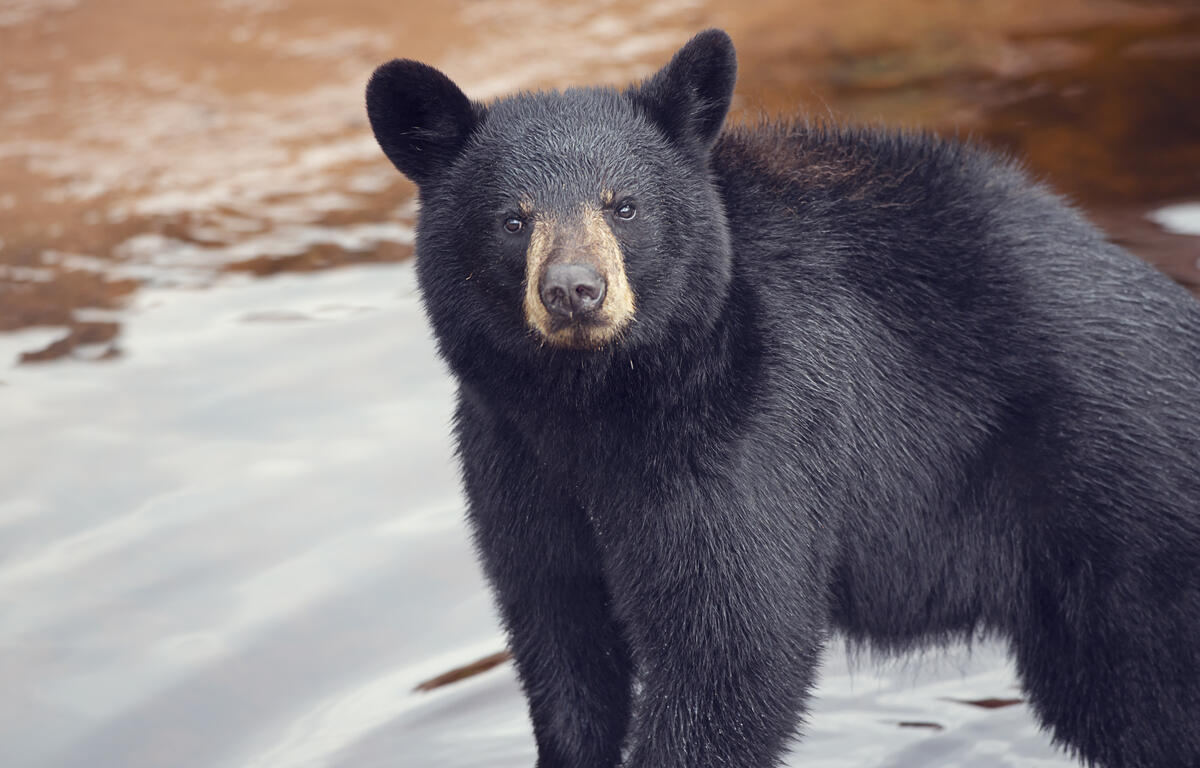CONCORD, N.H. (MyKeeneNow) – With bear sightings becoming more frequent in New Hampshire, both locals and visitors are urged to take precautions to minimize bear-human conflicts through the rest of summer and into fall. While bears generally have access to plenty of natural food sources, they can still be drawn to easily accessible food like unsecured garbage and bird feeders.
Andrew Timmins, Game Programs Supervisor with the New Hampshire Fish and Game Department, emphasizes the importance of managing attractants to reduce bear interactions. “This year, bear conflicts have been relatively typical, but many issues stem from improper disposal of trash and unsecured poultry. These problems account for more than 75% of bear-related calls we receive annually,” Timmins explains in a news release. “Residents can prevent these conflicts by securing their waste and protecting poultry with electric fencing.”
The department offers a loan program for electric fences to help poultry owners protect their animals from bears. This initiative aims to demonstrate the equipment’s effectiveness and encourage long-term investment.
Recent reports have highlighted increased bear activity on hiking trails in the White Mountains. Dan Bailey, Bear Project Leader for the New Hampshire Fish and Game Department, notes that a juvenile bear’s begging behavior has been observed, though such behavior is not typically aggressive. “Over a million people hike in the White Mountains each year without issue, and it’s not unusual to see a bear. The key is to avoid feeding them, as this can lead to problematic behavior,” Bailey advises.
To ensure a safe coexistence with bears, the Fish and Game Department recommends several measures:
- Bird Feeders: Remove them by April 1, or by March 15 in the southern part of the state, and clean up any spilled seeds.
- Garbage: Use airtight containers and store trash indoors until pickup day. Opt for dumpsters with secure metal tops.
- Pet Food: Keep pet food dishes inside overnight.
- Grills: Clean and store outdoor grills after each use.
- Feeding: Never intentionally feed bears, as it can alter their natural behaviors.
- Camping: Store food in a locked vehicle or an outbuilding when camping.
For more information on living responsibly with black bears, visit bearwise.org. For specific questions or concerns, contact the NH Fish and Game Department’s Wildlife Division at 271-2461.




